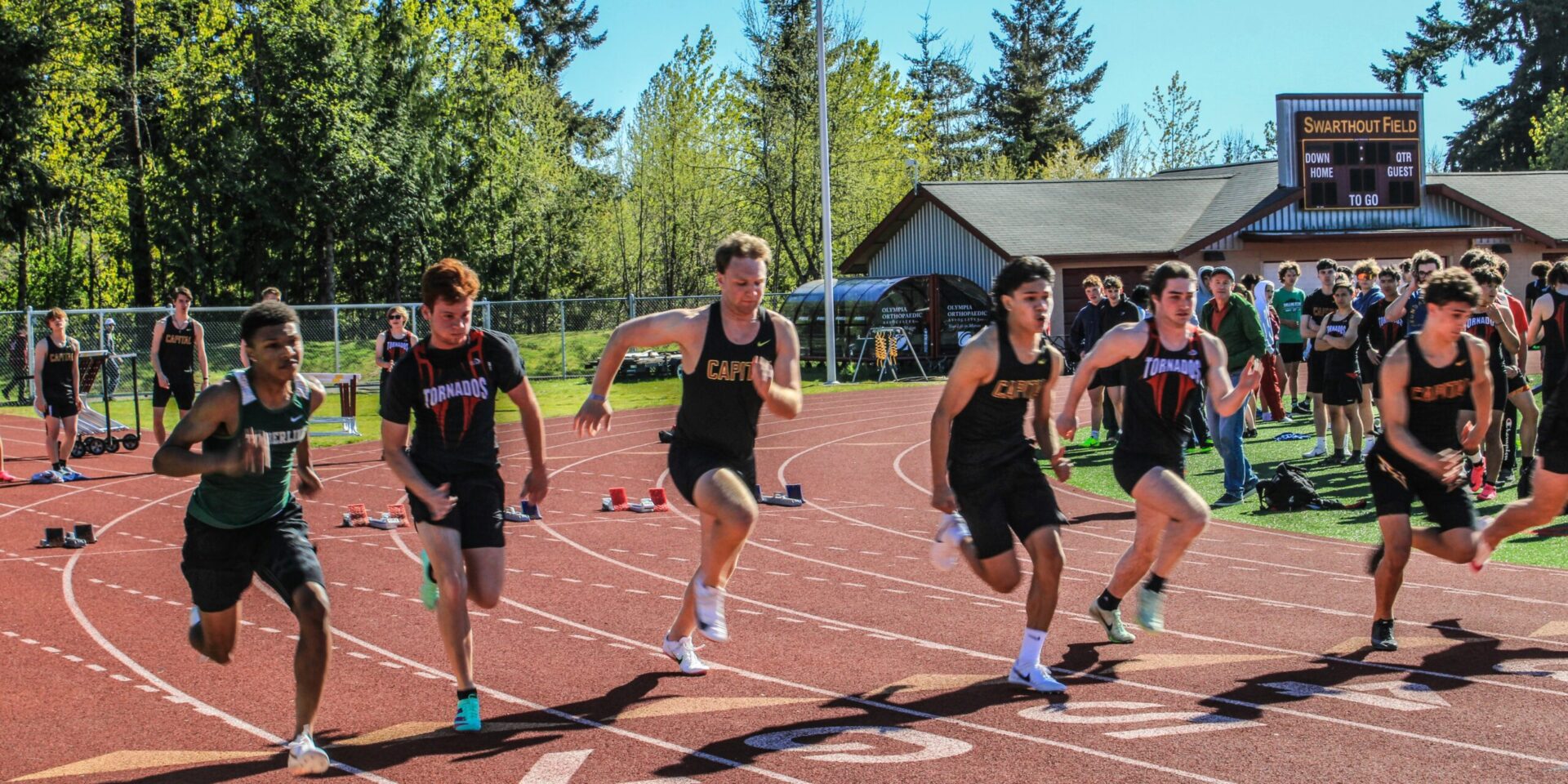The 2025 USA Outdoor Track and Field Championships delivered a series of standout performances that underscored the depth of American talent on the eve of major international competitions. Held from July 31 to August 3 at Hayward Field in Eugene, Oregon, the championships gathered the nation’s best athletes for a decisive test that doubled as a proving ground for World Championship selections. Across sprint, middle-distance, and field events, the men’s competitions offered both expected triumphs and surprising breakthroughs, showcasing the dynamic state of U.S. track and field.
In the men’s 100 meters, Kenny Bednarek finally captured his long-awaited national title. Known for his consistency and for often being in contention, Bednarek’s victory was more than just a personal milestone—it signaled his readiness to establish himself as one of the top American sprinters heading into global competition. His win was hard-fought and symbolic of an athlete who has spent years competing against the very best but had not yet claimed this specific title. For Bednarek, the moment represented validation, the culmination of persistence, and the promise of further success against international rivals.
The 200 meters brought even more drama, both in terms of performance and emotion. Noah Lyles stormed to his fifth national title in the event, matching the record for most U.S. championships at this distance. His winning time of 19.63 seconds was not only a season’s best but also the fastest 200-meter performance in the world in 2025. Lyles’s dominance reinforced his reputation as America’s premier half-lap sprinter, but the finish line was marked by tension. As he crossed the tape, Lyles exchanged a heated look with Bednarek, who had finished close behind. What followed was an uncharacteristic shove from Bednarek, a flashpoint that revealed the fierce competitive fire fueling both men. Though quickly diffused, the incident highlighted the intensity of rivalry at the highest level of sprinting, where even teammates destined to represent the same flag can clash in the heat of the moment.
The men’s 400 meters saw Jacory Patterson rise to the occasion, clinching his first outdoor national championship. Patterson, long considered a strong contender at this distance, executed a near-perfect race strategy that allowed him to edge out more experienced competitors. His performance solidified his place as a legitimate threat not only within the United States but also on the world stage, where the one-lap sprint demands a combination of speed, endurance, and composure under pressure.
Middle-distance veteran Donavan Brazier once again made his mark in the 800 meters. A former world champion, Brazier has battled injuries and inconsistency in recent years, but his victory in Eugene signaled a return to form. Controlling the pace from start to finish, he displayed the tactical awareness and closing speed that have defined his best races. For Brazier, the win was more than another title; it was a statement that he remains one of the most dangerous 800-meter runners in the world when healthy and focused.
Perhaps the biggest surprise of the meet came in the men’s 1500 meters, where Jonah Koech stunned the field with a winning time of 3:30.17. Entering the race as an underdog, Koech not only secured his first national championship but also delivered one of the fastest times ever recorded by an American in the event. His performance was a breakthrough moment, instantly elevating him from a promising athlete to a legitimate contender for medals on the international stage. With a mix of tactical precision and raw speed, Koech’s run will be remembered as one of the defining highlights of the championships.
In the field, Kyle Garland asserted his dominance in the decathlon, posting a career-best total of 8,869 points. The score ranks him as the third-highest decathlete in U.S. history, trailing only legends Dan O’Brien and Ashton Eaton. Garland’s consistency across the ten events, combined with his ability to rise to the occasion in key disciplines, made his victory a decisive one. The achievement further cements him as the next great American decathlete, capable of carrying forward the tradition of excellence established by his predecessors.
Taken together, the 2025 championships highlighted a U.S. men’s team that is both deep and diverse. From Bednarek’s resilience in the 100 to Lyles’s electrifying 200, from Patterson’s 400 breakthrough to Brazier’s return in the 800, and from Koech’s stunning 1500 upset to Garland’s commanding decathlon, each victory underscored the wealth of talent available to American athletics. With the World Championships in Tokyo looming, these performances have set the stage for U.S. athletes to not only compete but to contend for podiums across multiple disciplines.
For the fans who filled Hayward Field and those watching worldwide, the championships were more than a domestic contest. They were a glimpse of the future—a showcase of athletes pushing limits, reclaiming form, and seizing the spotlight. As the summer turns toward international competition, Team USA’s male athletes look prepared not only to represent but also to redefine American strength in track and field.

